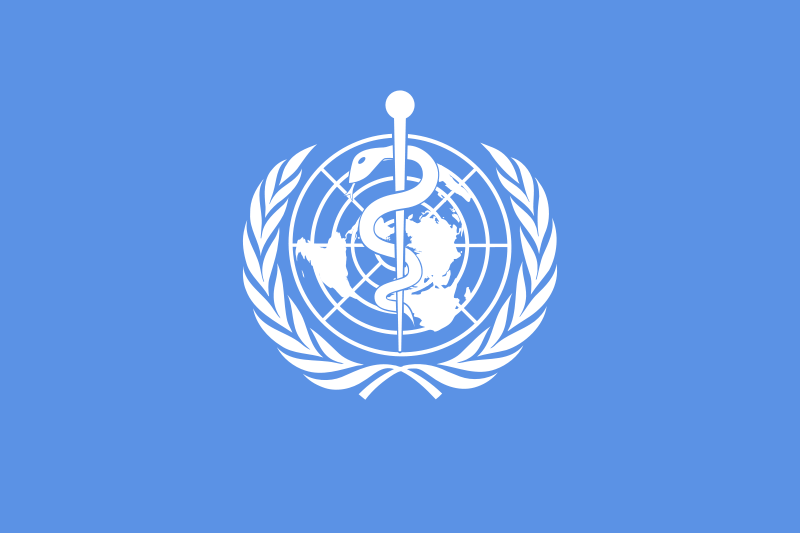More than seventy public health experts and anti-tobacco campaigners have penned a joint letter to the World Health Organization (WHO), urging leaders to take a more measured view of the benefits of vaping.
The letter was sent to WHO director general Tedros Adhanom Ghebreyesus ahead of this week's conference of the Framework Convention on Tobacco Control (FCTC) in Geneva.
The 72 signatories, who have no links to the tobacco industry, urged the WHO to "embrace tobacco harm reduction" and adopt a more positive approach to e-cigarettes and other technologies that can help fight smoking-related diseases.
In the field of tobacco control and public health, the world has changed significantly since the Framework Convention on Tobacco Control was signed in 2003. It is impossible to ignore or dismiss the rise of Alternative Nicotine Delivery Systems (ANDS), they continue 'These technologies offer the prospect of significant and rapid public health gains through tobacco harm reduction". Users who cannot or choose not to quit using nicotine have the option to switch from the highest risk products (primarily cigarettes) to products that are, beyond reasonable doubt, much lower risk than smoking products.
Published by WHO, the FCTC is an international treaty that frames tobacco control in 181 party countries. The United States signed the treaty in 2004, but it has not been ratified by the Senate.
The FCTC lays out guidelines on things like cigarette tax, advertising and packaging. The organisation encourages participating countries to adopt policies to comply with the framework.
Parties to the FCTC meet every two years to discuss how to advance the treaty. This week (1-6 October) marks the eighth such conference where delegates will discuss, among other things, the regulation of harm-reduction products like e-cigarettes.
WHO has taken a cautious stance when it comes to e-cigarettes. It has called for tight regulation of the products and, in many cases, treats them as if they are just as harmful as combustible cigarettes.
Despite evidence to the contrary, critics are also concerned that e-cigarettes may provide a gateway to smoking for young people and other non-smokers.
While some FCTC member countries like the United Kingdom have advocated e-cigarettes as a less harmful alternative to smoking and a way to help smokers quit tobacco, the WHO has refused to sanction the products as effective stop-smoking aids.
In their letter, the 72 academics and anti-tobacco campaigners acknowledged the long-term health effects of vaping are unclear, but argued that this should not be a reason for regulatory paralysis.
It is true we will not have complete information about the impacts of new products until they have been used exclusively for several decades and given the complex patterns of use, we may never they wrote. "But we already have sufficient knowledge based on the physical and chemical processes involved, the toxicology of emissions, and biomarkers of exposure to be confident these non-combustion products will be much less harmful than smoking."
Harm reduction is already a widely practiced strategy in public health. It has already been proved effective where an 'abstinence only' strategy doesn't work, such as in combating drug use and the spread of HIV.
Experts argue that the same principles could be applied to e-cigarettes, giving addicted smokers access to nicotine with a lower degree of risk.
So, will the letter change anything? Given the WHO's past stance on e-cigarettes and their statements this week, the possibility of any meaningful change seems unlikely.
While hailing the 'significant progress' made in many of it's 181 countries, a statement from the WHO cautioned tobacco industry interference, combined with the emergence of new and novel tobacco products, continued to be considered the most serious barrier to the implementation of the Convention.






Leave a comment
This site is protected by hCaptcha and the hCaptcha Privacy Policy and Terms of Service apply.